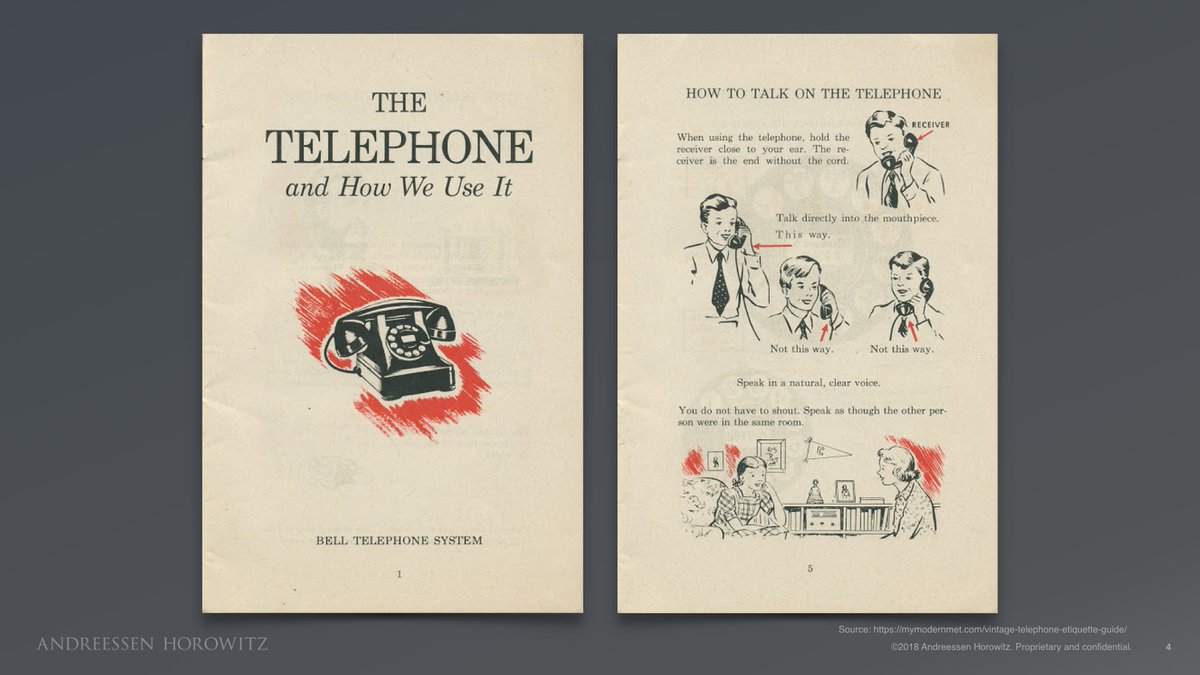
On Jan 4 the Eighth Circuit issued a pretty awful opinion on eligibility for a fraud waiver after a person is denaturalized for fraud, essentially endorsing gamesmanship by the DHS without notice. The case is Herrera Gonzalez v. Rosen.




More from Government
How does a government put a legislation on 'hold'? Is there any constitutional mechanism for the executive to 'pause' a validly passed legislation? Genuine Koshan.
So a committee of 'wise men/women' selected by the SC will stand in judgement over the law passed by
Here is the thing - a law can be stayed based on usual methods, it can be held unconstitutional based on violation of the Constitution. There is no shortcut to this based on the say so of even a large number of people, merely because they are loud.
Tomorrow can all the income tax payers also gather up at whichever maidan and ask for repealing the income tax law? It hurts us and we can protest quite loudly.
How can a law be stayed or over-turned based on the nuisance value of the protestors? It is anarchy to allow that.
CJI: our intention is to see if we can bring about an amicable resolution to the problem. That is why we asked you why don't you put the #FarmBills on hold. You want time for negotiation. If there is some sense of responsibility showing that you will not implement the laws
— Bar & Bench (@barandbench) January 11, 2021
So a committee of 'wise men/women' selected by the SC will stand in judgement over the law passed by
CJI: .....then we can form a committee with ICAR members to look into this. Till then you can continue to put the law on hold. Why will you insist on continuing the law anyhow
— Bar & Bench (@barandbench) January 11, 2021
Here is the thing - a law can be stayed based on usual methods, it can be held unconstitutional based on violation of the Constitution. There is no shortcut to this based on the say so of even a large number of people, merely because they are loud.
AG Venugopal: none of the petitions point to any provision of three farm acts stating that it is unconstitutional
— Bar & Bench (@barandbench) January 11, 2021
CJI: we are not declaring it unconstitutional
AG: laws cannot be stayed. This is drastic
Tomorrow can all the income tax payers also gather up at whichever maidan and ask for repealing the income tax law? It hurts us and we can protest quite loudly.
How can a law be stayed or over-turned based on the nuisance value of the protestors? It is anarchy to allow that.
























